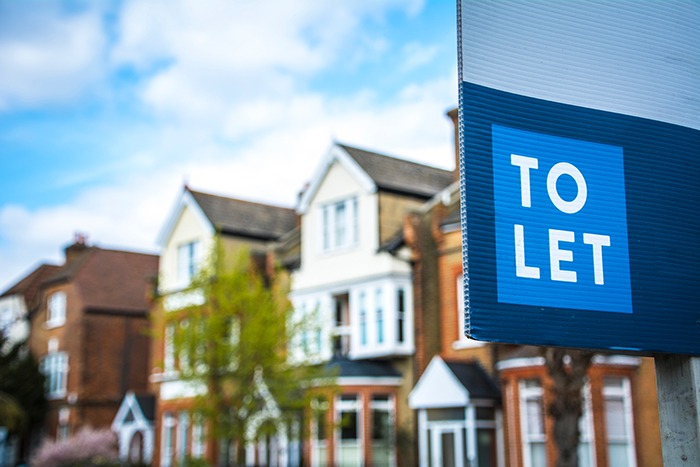
Rental affordability is at its worst level for a decade, a new report from Zoopla reveals.
The company’s Rental Market Report shows that it now costs people, on average, 28.4% of their gross monthly earnings to cover their rent.
This is compared to an average of 27.2% over the last 10 years.
Zoopla says this is down to growth in rents for new lets continuing to outpace UK wage growth.
The report reveals that, overall, average rents have increased by £110 per month over the last year – an annual rise of £1,320.
Over the last three years, rents for new lets are up by an average of £2,772 per year.
Zoopla says that, faced with the unaffordability of rents and lack of supply, renters are being forced to rent smaller homes, move to cheaper areas or share a property to reduce costs.
Available rental supply remains 30% below average for this time of the year, while estate agents only have on average 10 rental listings compared to 16.5 pre-pandemic.
Zoopla says demand for rented homes is 20% lower than a year ago but still 51% above the five-year average – creating a supply / demand mismatch across the whole of the UK.
The statistics show that Scotland has overtaken London as the region recording fastest growth in rents at 12.7%.
Zoopla executive director Richard Donnell says: “The rented sector is stuck in a seemingly endless cycle of low supply and strong demand which has kept rental growth in double digits for 18 months in a row.
“Scotland is the hottest rental market with rents up almost 13% over the last year as landlords adapt to new rent controls over the last year.
“Rents continue to rise faster than earnings, worsening rental affordability for renters looking to move.
“Rents are set to rise 9% over 2023 with the pace of rental growth be shaped more by the affordability of renting, and how renters adapt to higher rents, than major shifts in supply or demand.
“More renters looking to share accommodation could well support rental growth into 2024 with no end in sight for the shortage of homes for rent.”



